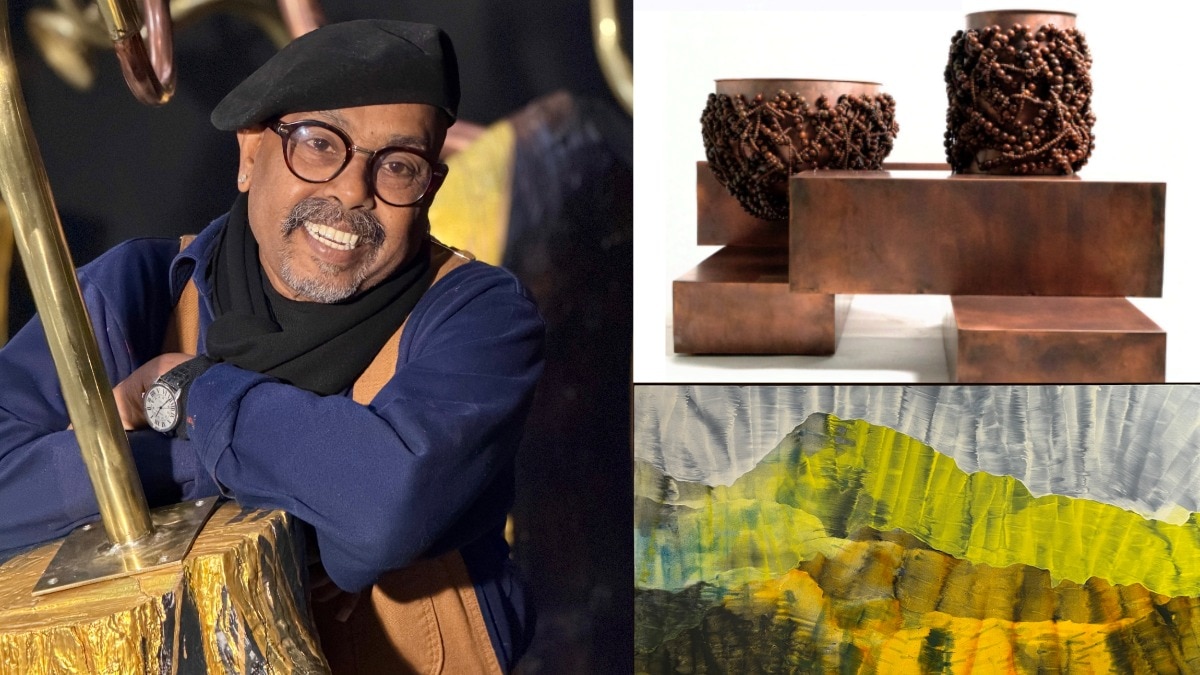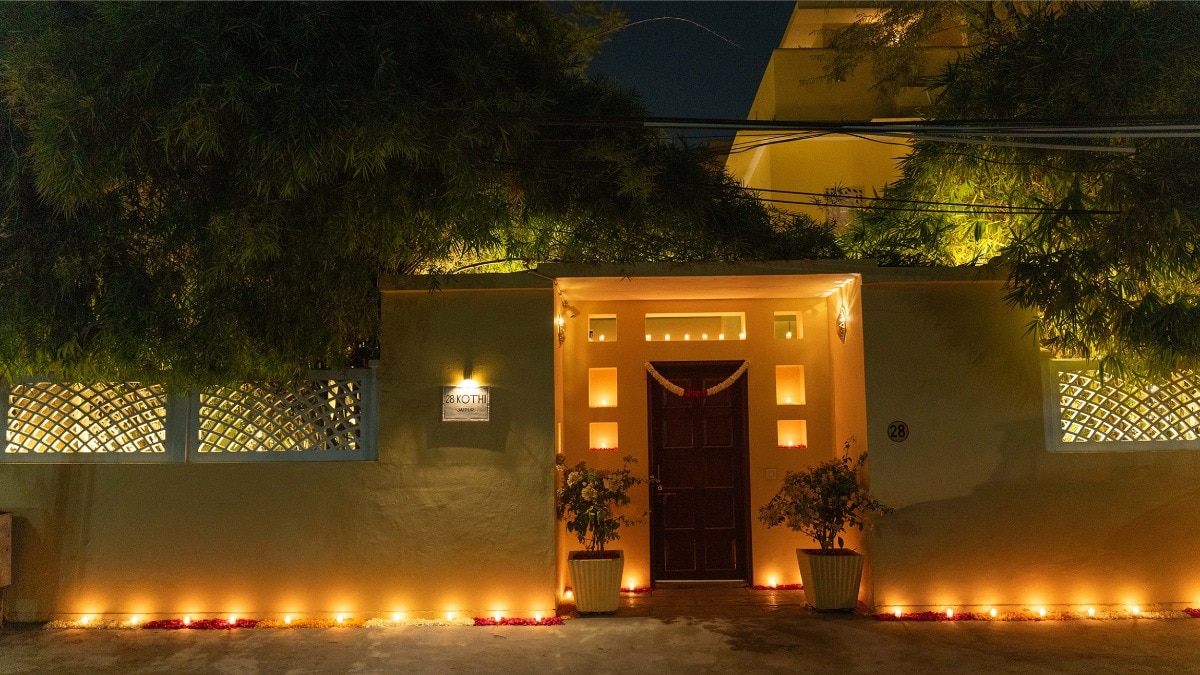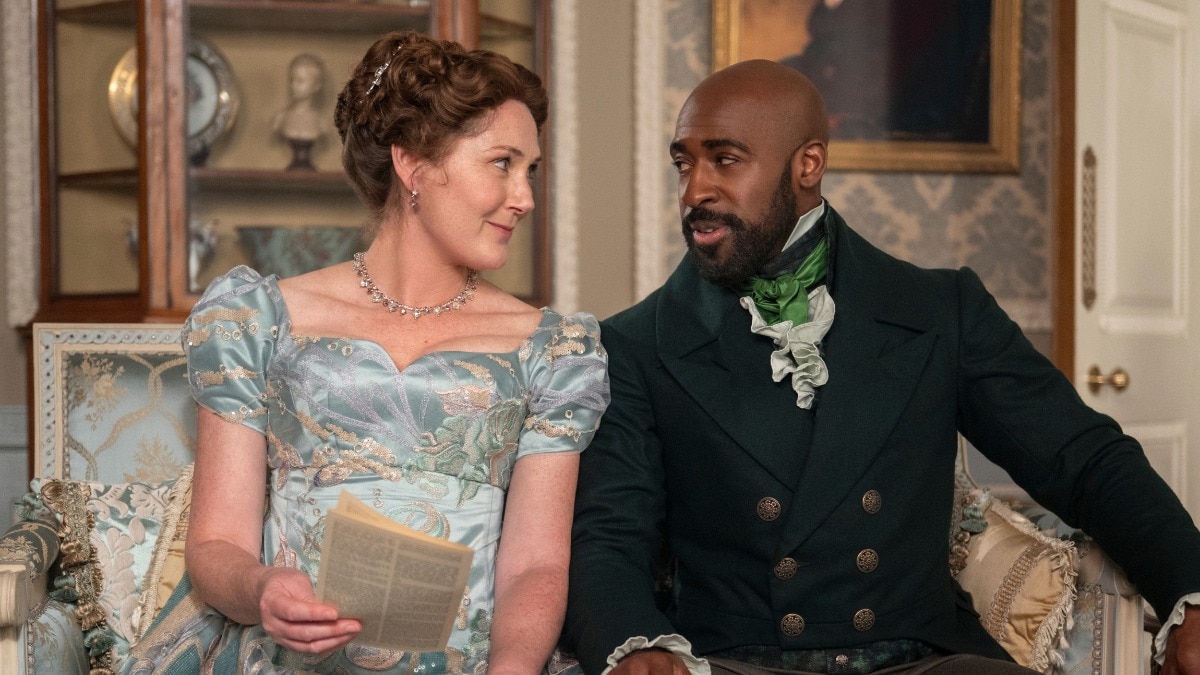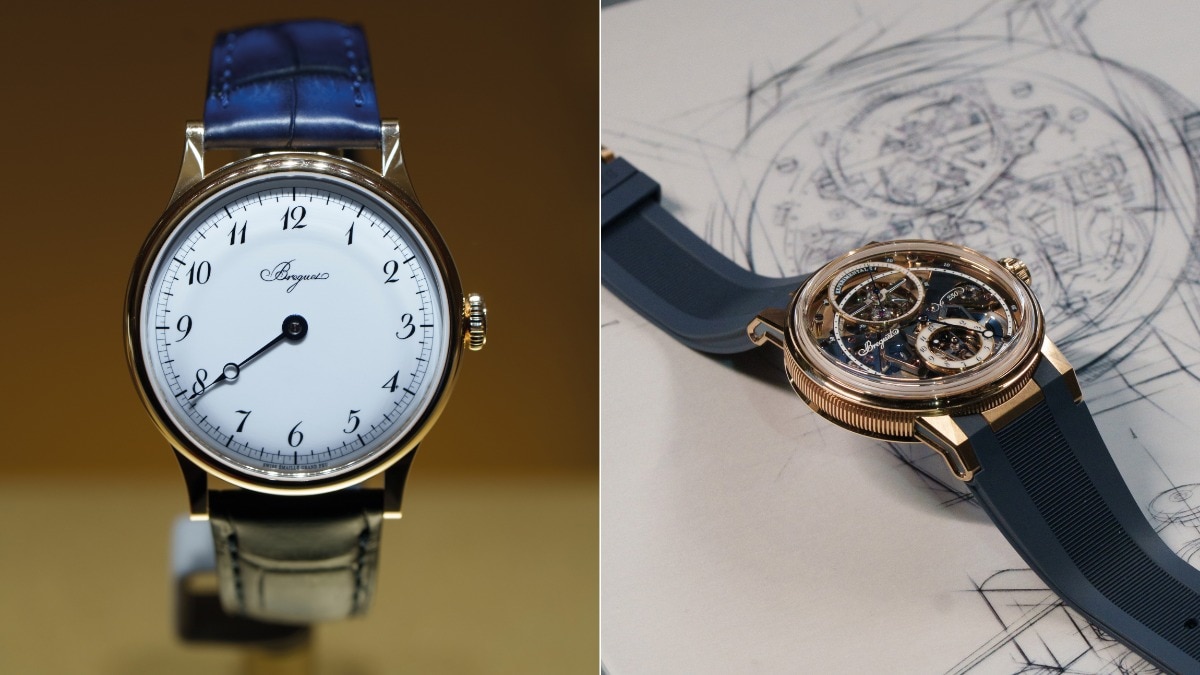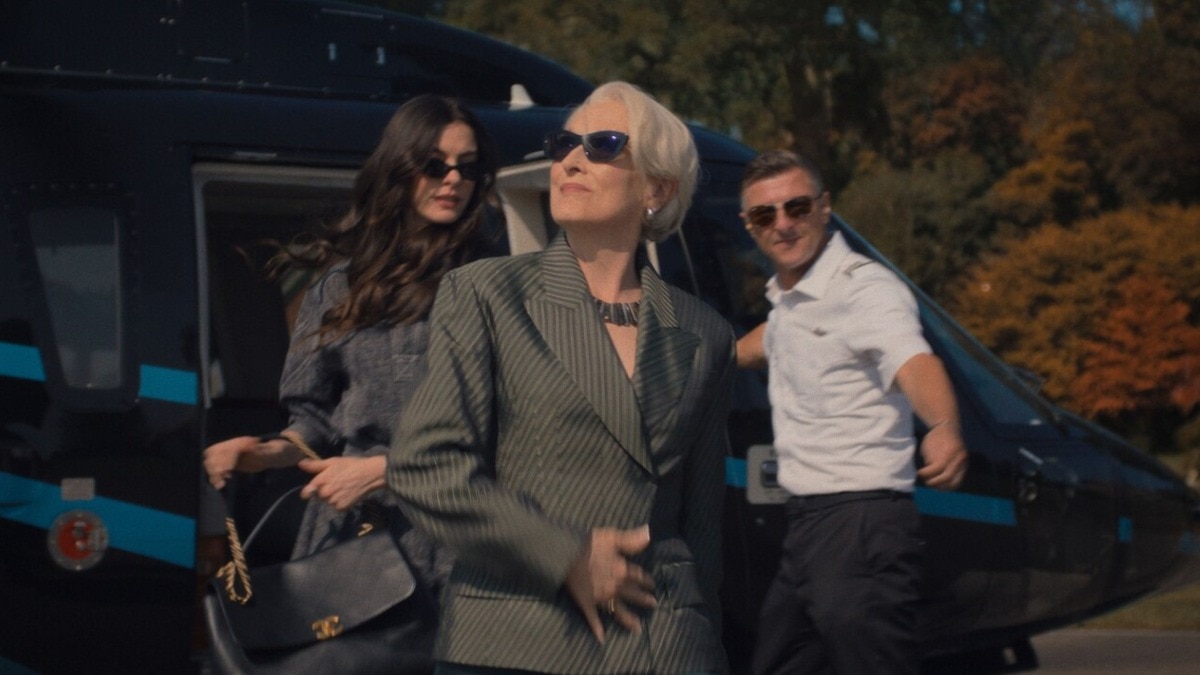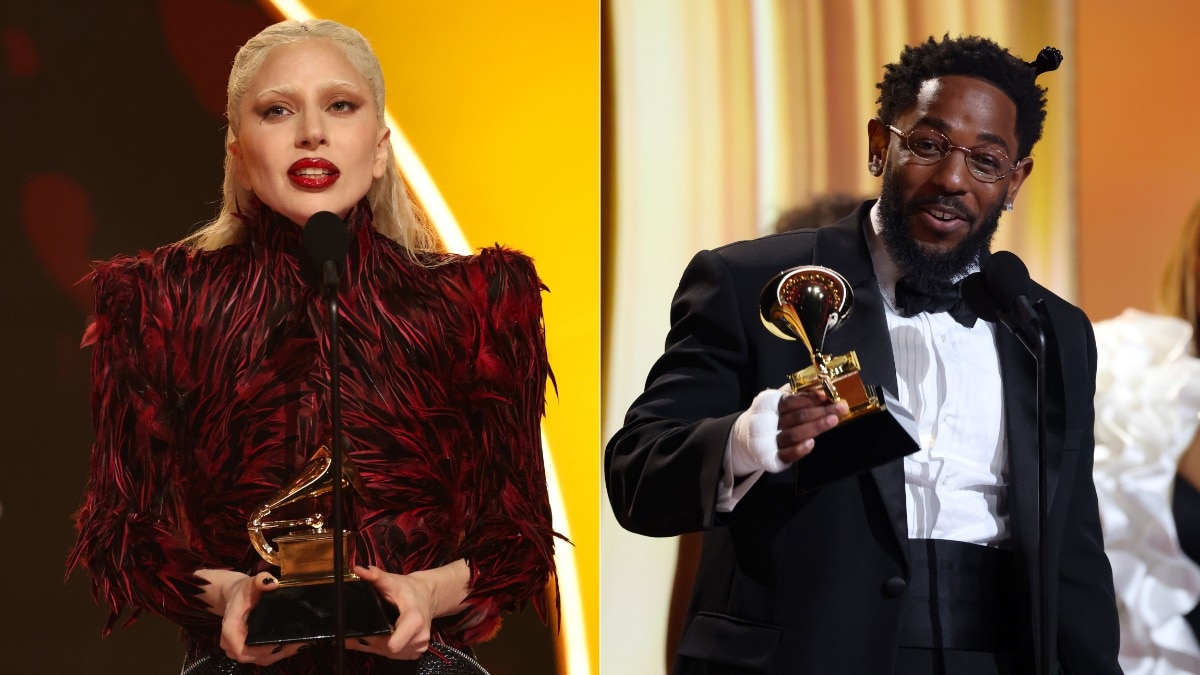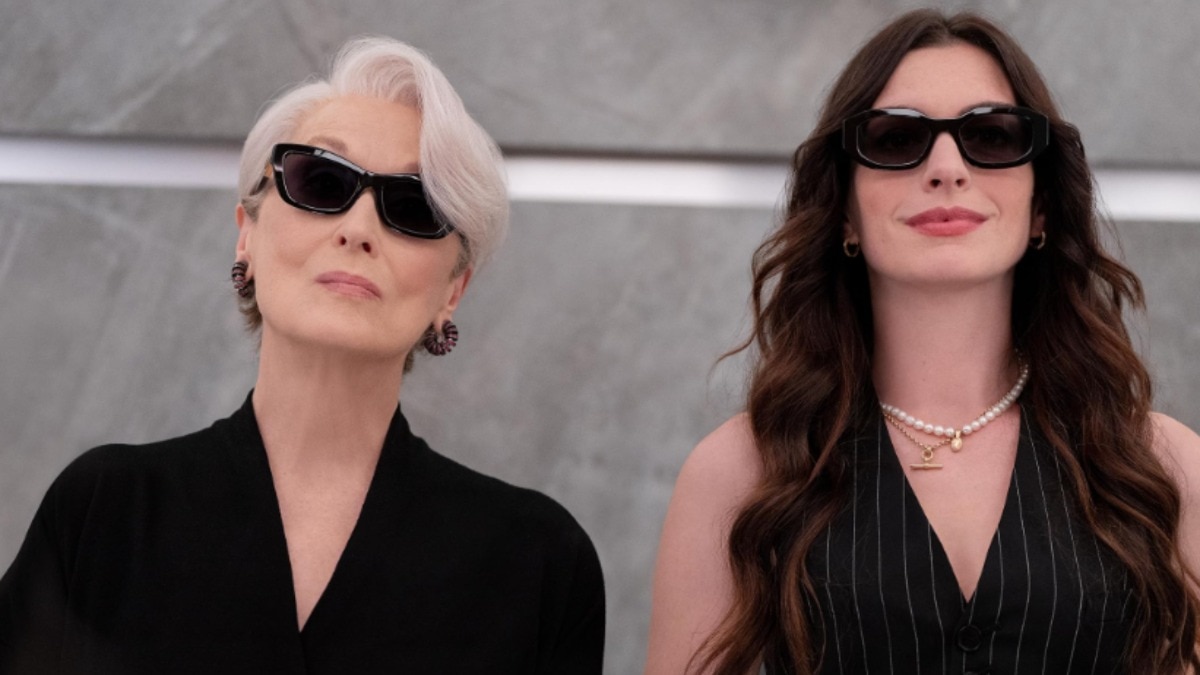
Prolific Indian musician and composer, Shankar Mahadevan talks about his inspirations and the role of technology in music
Striking chords in harmony.


The trio of Shankar Mahadevan, Ehsaan Noorani, and Loy Mendonsa has demonstrated magic that can only be created when talents from various backgrounds converge. “The entire 28-year-old journey that we’ve had together as Shankar–Ehsaan–Loy has been a memorable experience in itself. Three different people from three different backgrounds, different musical ideologies, and individual personalities coming together is amazing,” says Mahadevan, who was awarded the Padma Shri in 2019. The maestro’s creative process, he reveals, is sparked not solely by inspiration but also by triggers that emerge from the world around us. “You don’t need actual inspiration but a direction for an idea. Anything can be a trigger—from something playing on the radio, a sound, a song, or certain words. It influences our thinking, where any sound can be the trigger that evokes our emotion and we connect with it to create a song.” When asked about his favourite songs, he shares: “My listening spectrum is vast because I listen to different genres of music—from Jazz and Carnatic to Hindustani, ghazals and film music. It all depends on my mood. If it’s a Carnatic classical, I could listen to Nedunuri Krishnamurthy or Semmangudi Srinivasa Iyer. If I am listening to ghazals, it would be by Ghulam Ali Khan Sahib, and in film music, I enjoy listening to Kishore Kumar, Asha ji, Lata ji, the list is endless.”

The role of technology in music’s evolution is pivotal, according to Mahadevan. “In today’s times, technology is integral to creating and shaping the way ahead with music. It really helps you and enhances the quality of your product. But you must not depend on technology for your creativity. Despite its ability to foster creativity, technology can also curb it, so you should use it intelligently to enhance your creativity and not hinder it.” Looking towards the future, he envisions a continued journey of musical exploration and collaboration. “I feel I have just scratched the surface in my career and I look forward to a number of collaborations and non-film work. It is also my vision for the Shankar Mahadevan Academy to create cutting-edge quality music education so that it stands out as the Harvard of music and I can leave a legacy,” he concludes.

